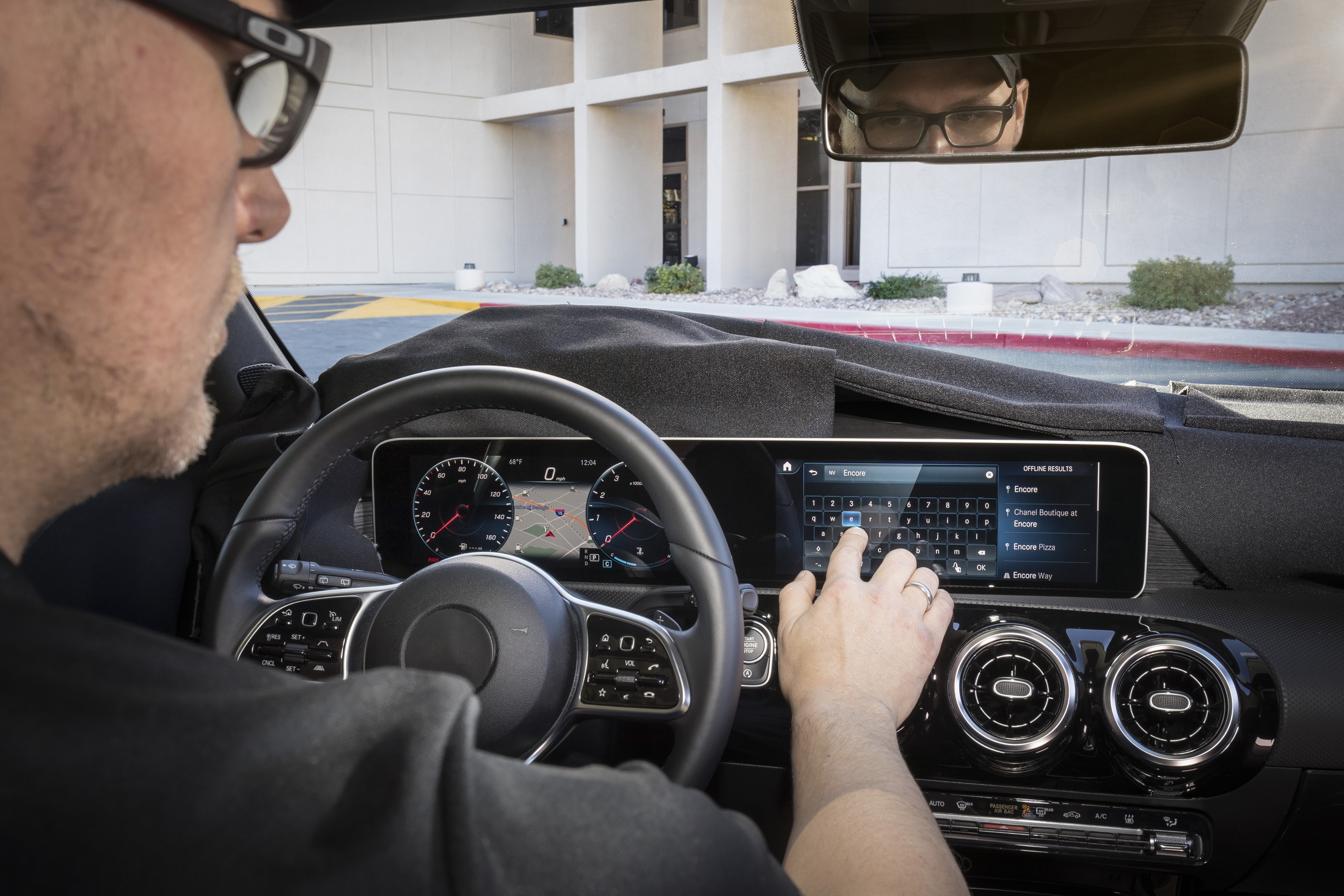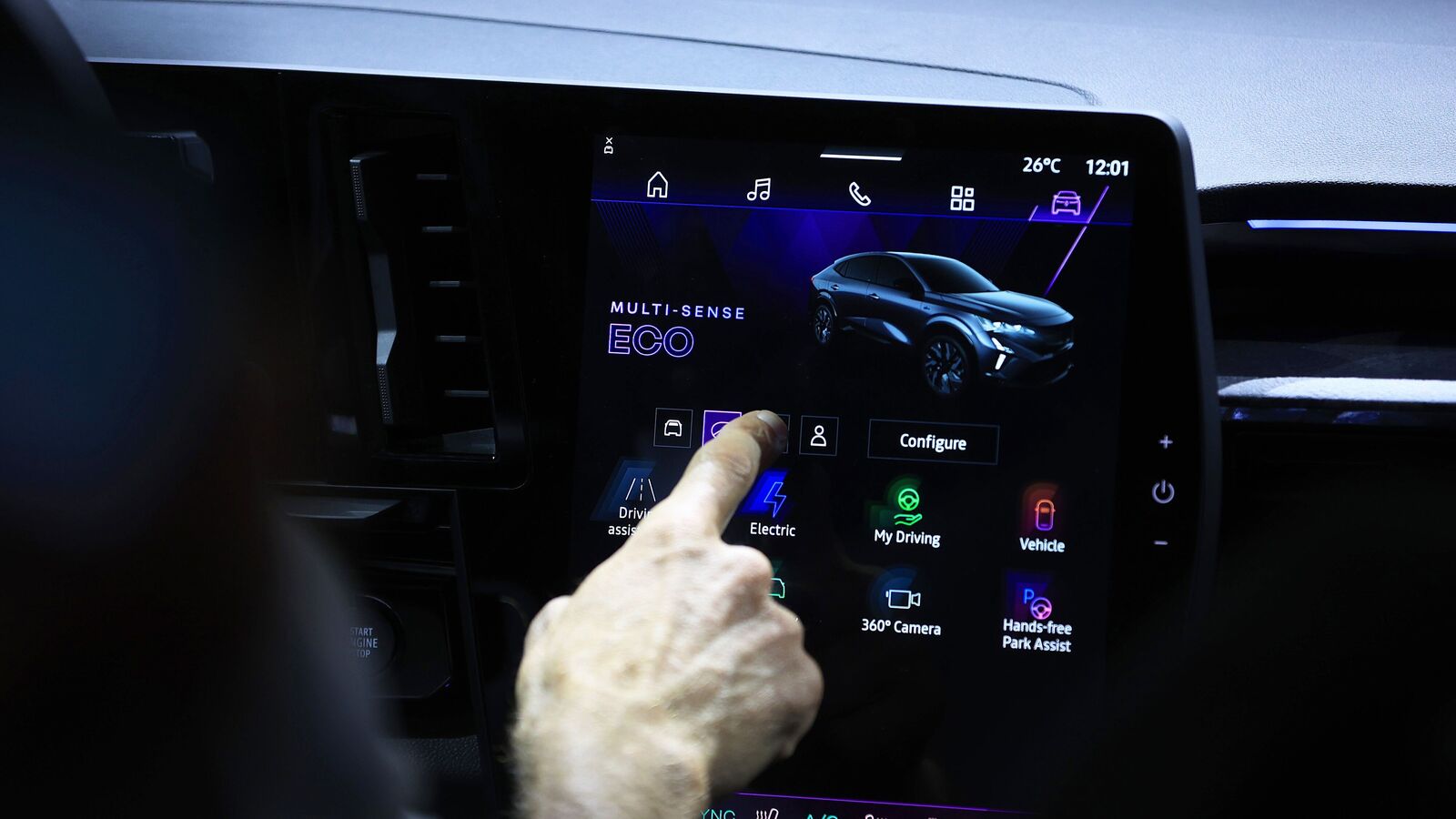In a series of startling revelations, U.S. Senators have brought to light an alarming trend among major automakers like Toyota, BMW, Mercedes-Benz, and others. These industry giants are reportedly sharing sensitive consumer location data without proper legal warrants, opting instead for subpoenas that bypass judicial approval. This practice raises profound concerns about consumer privacy and the ethical responsibilities of these automotive behemoths.
The issue surfaced following a thorough examination by several senators, including strong appeals to the Federal Trade Commission (FTC) and Federal Communications Commission (FCC) urging them to clamp down on these privacy infringements. The lawmakers’ investigations reveal that a significant number of renowned car manufacturers, including Nissan, Subaru, Volkswagen, Mazda, and Kia, readily admit to this practice, which starkly contradicts the privacy norms expected by consumers.

Automakers’ Data Disclosure Raises Privacy Concerns
It has been disclosed that the mentioned automakers concede to providing consumer location data to government entities upon receiving subpoenas. Unlike warrants, subpoenas do not require a judge’s scrutiny or approval, thus posing a less rigorous barrier to the disclosure of personal data. Volkswagen, however, states a slightly more stringent policy, requiring a warrant for access to location data that spans more than seven days.
The senators’ push for regulatory action underscores a broader issue of privacy abuses within the realm of connected vehicle technologies. This spotlight on automotive data privacy coincides with growing legislative and public scrutiny regarding the collection and handling of personal information.

Legislative Actions and Industry Reactions
In response to these privacy concerns, Congresswoman Debbie Dingell has been proactive in addressing the exploitation of connected vehicle technologies. Citing instances where domestic abusers manipulate car networking equipment to track and control their victims, Dingell’s initiative aims to empower survivors to sever abusers’ access to vehicle data swiftly.
Her efforts are bolstered by broader senatorial support, reflecting an urgent call for a standardized approach to protect personal data shared through modern vehicles. Meanwhile, the Alliance for Automotive Innovation, representing the global auto industry, insists that automakers are committed to protecting private vehicle location data. They clarify that the dissemination of such information is restricted to circumstances involving lawful warrants or imminent safety risks.
Learn out. Porsche & another U.S. state talk data privacy, automaker says data sharing up to customers https://t.co/MmTquszRhl #tech #digital #data #privacy
— Kohei Kurihara – Privacy for all together 🌍 (@kuriharan) September 23, 2023
Despite these assurances, the contradiction between the Alliance’s statement and the senators’ findings remains unresolved, revealing a complex landscape of policy, privacy, and ethical considerations in automotive data usage.
Conclusion: A Crossroad of Technology and Privacy
As the debate over privacy standards in automotive technology continues, the industry finds itself at a crossroads. The pressing need for stringent regulations is evident as both technology advances and the potential for misuse expands. The current situation calls for a delicate balance between leveraging technological advancements for safety and convenience while ensuring robust safeguards against privacy violations.

The ongoing discussions and legislative efforts are likely to shape the future of automotive privacy, urging automakers to reevaluate their policies and practices concerning consumer data. As this dialogue evolves, it remains to be seen how industry leaders will adapt to these changing norms, ensuring consumer trust and safety in an increasingly connected world.










